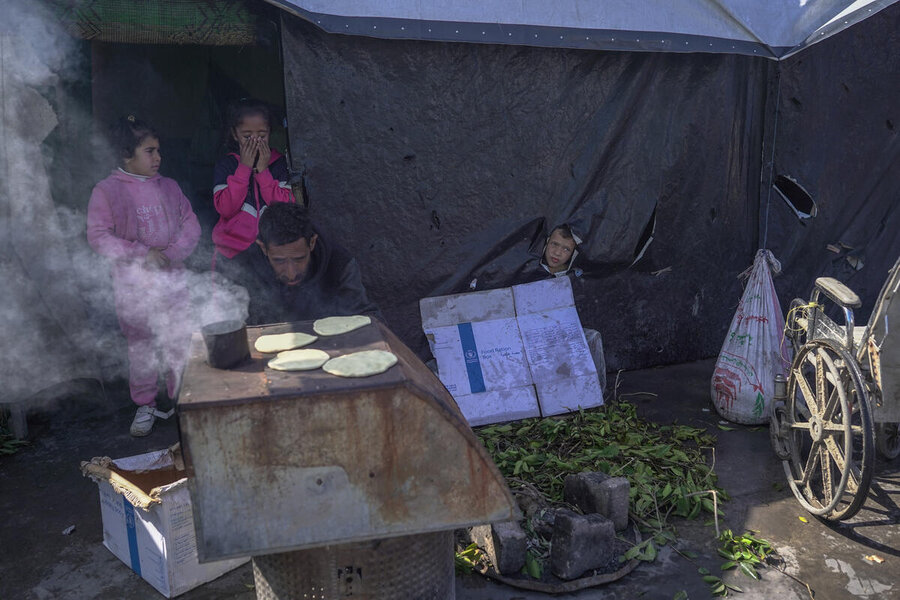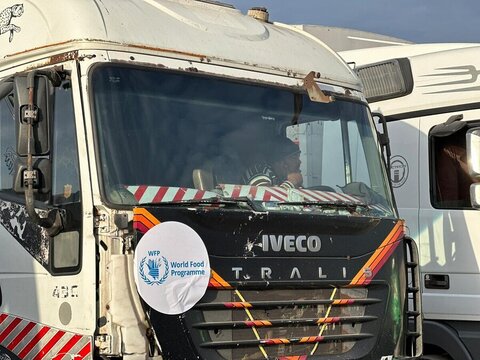
Hungry, thirsty and weak, more and more Gazans are falling sick, according to a report published this week.
At least 90 per cent of children aged under 5 are affected by one or more infectious diseases, with 70 percent having had diarrhoea in the past two weeks, according to analysis from the Global Nutrition Cluster.
"An immediate humanitarian ceasefire continues to provide the best chance to save lives and end suffering," the World Food Programme, UNICEF and the World Health Organization said in a statement.
"If the conflict doesn't end now, children's nutrition will continue to plummet, leading to preventable deaths or health issues which will affect the children of Gaza for the rest of their lives and have intergenerational consequences," said UNICEF's deputy executive director for humanitarian action and supply operations, Ted Chaiban.
Hunger's border: Why aid trucks taking humanitarian gear and food into Gaza face long waits

High levels of disease, the severe shortage of food and clean water, and the almost total collapse of health services are compounding child wasting and making every day a struggle to survive for adults.
Nutrition screenings conducted at shelters and health centres found that 15.6 per cent of children under 2 are acutely malnourished. Of these, almost 3 per cent have the most severe form of malnutrition, which puts them at highest risk of dying without urgent treatment.







